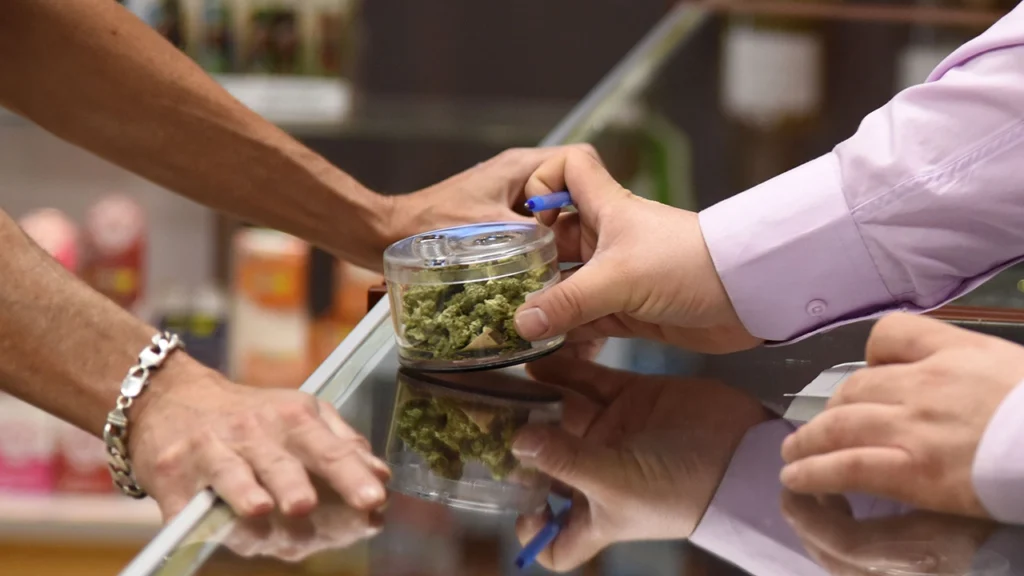According to a new study the legalization of recreational marijuana is associated with a 37% decrease in mental treatment admissions.

The Indiana University study states that the results “are driven by those under 65, Black, and white individuals”, noting that there is also “a significant decrease in Medicaid-funded treatment admissions”. The study is being published in the journal Health Economics, and it’s been epublished online by the National Institute of Health.
The study’s abstract notes that about half of all Americans will be diagnosed with a mental health disorder (MHD) at some point in their lives. This, coupled with a 35% increase in suicides since 1999, has led to the CDC declaring MHDs and suicides a “serious public health problem”. Despite some studies showing that medical and recreational marijuana laws reduce suicides and depression rates, research has been scarce.
This study “contributes to this scant literature by employing an event-study within a difference-in-differences (DD) framework to examine the short-run impact of state RMLs [recreational marijuana laws] on mental health treatment admissions data from the Substance Abuse and Mental Health Services Administration (SAMHSA).”
Researchers state that their research “indicates that adopting an RML decreases the number of mental health treatment admissions. The results are robust to various sensitivity analyses, including alternative estimators used to address bias associated with the traditional two-way-fixed effects model (Borusyak et al., 2021; Callaway & Sant’Anna, 2021; Goodman-Bacon, 2018).”
Researchers note that it is difficult to identify the mechanisms leading to the decrease in mental health treatment, but “one possibility is that RMLs increase marijuana use and that this improves mental health.”
There is also “the possibility that individuals needing mental health treatment can more readily substitute or self-medicate with marijuana, post-RML.”
The full text of the study can be found by clicking here.





